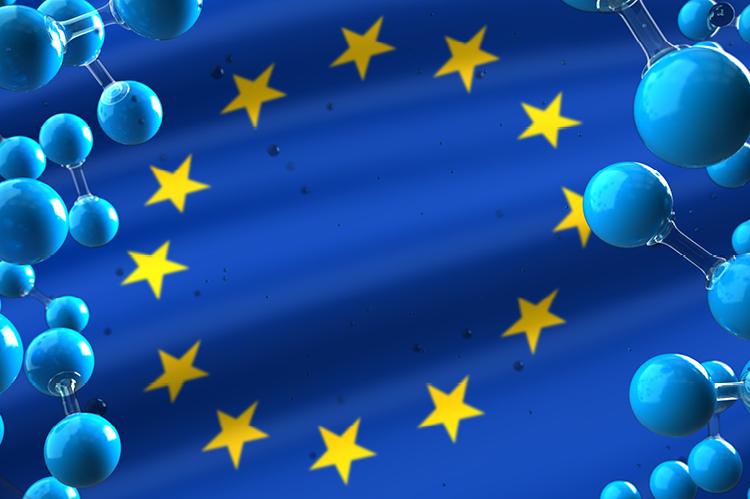EU Approves €6.9 Billion for Hydrogen Infrastructure Project, Boosting Green Goals

The European Commission has approved a $7.4 billion (€6.9 billion) project to build a network of hydrogen infrastructure across Europe, the commission announced.
According to the EU Commission’s press release, the project’s scope includes the deployment of electrolyzers, pipelines, storage facilities, and LOHC to help the bloc reduce reliance on natural gas and accelerate the continent's transition to clean energy.
The project, dubbed "IPCEI Hy2Infra," involves seven member states - France, Germany, Italy, Netherlands, Poland, Portugal, and Slovakia - and will be funded through a combination of public and private investment.
The IPCEI Hy2Infra was approved after the commission found that it fulfills the requirements set out in Communication on Important Projects of Common European Interest. Margrethe Vestager, Executive Vice-President in charge of competition policy, hailed the project as one that “will deploy the initial building blocks of an integrated and open renewable hydrogen network.”
"This IPCEI will establish the first regional infrastructure clusters in several Member States and prepare the ground for future interconnections across Europe," said Vestager, adding that the project will support the market ramp-up of renewable hydrogen supply, driving Europe closer to being “the first climate-neutral continent by 2050.”
The project's key components include 3.2 GW of large-scale electrolyzers producing hydrogen from renewable sources, 2,700 kilometers of new and repurposed hydrogen pipelines, and Hydrogen storage facilities with a minimum capacity of 370 GWh.
In addition, the project will include handling terminals for liquid organic hydrogen carriers (LOHCs) capable of handling 6,000 tonnes of hydrogen annually.
Participants in the project will also collaborate on developing common standards and ensuring interoperability across different regions, paving the way for a unified hydrogen market in Europe, with several projects expected to be operational by 2026. The entire network is slated for completion by 2029.
This initiative complements two previous IPCEI projects focused on hydrogen technologies and industrial applications, creating a comprehensive strategy for developing a clean hydrogen economy in Europe.
Several EU member states, such as Germany, France, Portugal, and Poland, also participate in the IPCEI Hy2Infra project through their Recovery and Resilience Plans, making them eligible to partially fund their project through the Recovery and Resilience Facility.
